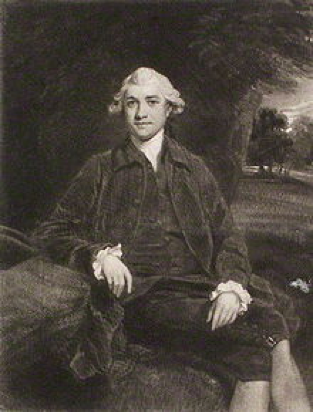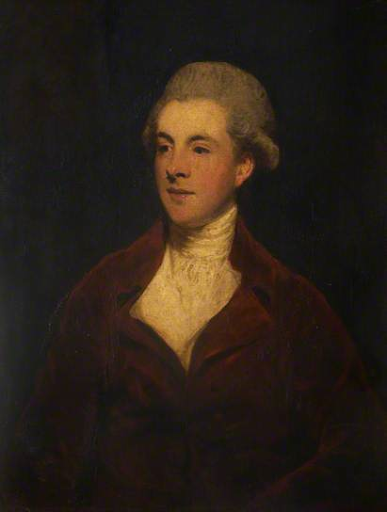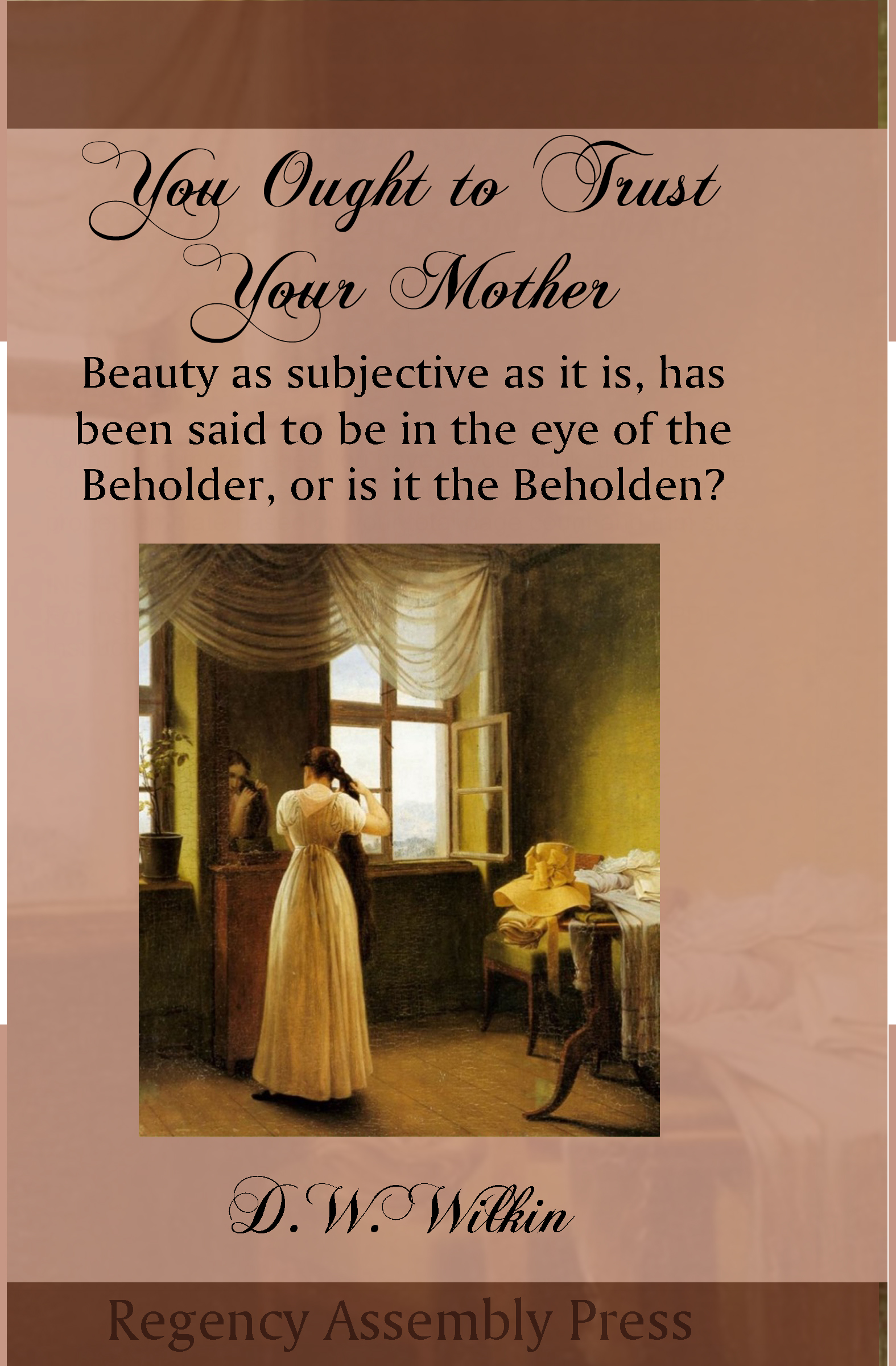Regency Personalities Series
In my attempts to provide us with the details of the Regency, today I continue with one of the many period notables.
Edward Craggs-Eliot 1st Baron Eliot
8 July 1727 – 17 February 1804

Edward Craggs-Eliot
Edward Craggs-Eliot 1st Baron Eliot was born to Richard Eliot and Harriot Craggs, the illegitimate daughter of the Privy Counsellor and Secretary of State, James Craggs and Hester Santlow, the noted actress.
In 1742, he matriculated at St Mary Hall, Oxford but did not graduate. During 1747–1748, he travelled in Continental Europe, principally the Dutch Republic, Germany and Switzerland. On 19 November 1748 he succeeded his father. From 1748–1768 he was Member of Parliament for St Germans, Cornwall, the place of his family estate Port Eliot. In succession, he became Member of Parliament (MP) for Liskeard (1768–1774), for St Germans (1774–1775), and for Cornwall (1775–1784).
In 1751, Edward was appointed Receiver General of the Duchy of Cornwall. From 1760 until 1776, Edward was one of the eight Commissioners of Trade and Plantations, and in 1775 he again became Receiver General of the Duchy. However, in 1776 he notably voted against the employment of Hessian Troops, and resigned from the Board of Trade and Plantations, and from the government.
On 13 January 1784 he raised to the peerage as Baron Eliot, of St Germans in the County of Cornwall, and he took his seat in the House of Lords on 2 February 1784. In 1789 he changed his surname from Eliot to Craggs-Eliot, presumably to prevent the extinction of the Craggs surname. However, his children generally used the surname Eliot.
Eliot was an acquaintance of Dr Samuel Johnson and a patron of Sir Joshua Reynolds.
Edward married on 25 September 1756 at St James’ Church, Westminster, to Catherine Elliston (September 1735 – 23 February 1804), daughter of Captain Edward Elliston and Catherine Gibbon, the aunt of Edward Gibbon, with four children:
- Edward James Eliot (9 August 1757 – September 1757)
- Edward James Eliot (24 August 1758 – 20 September 1797)
- John Eliot, 1st Earl of St Germans (30 September 1761 – 17 November 1823)
- William Eliot, 2nd Earl of St Germans (1 April 1767 – 19 January 1845)
Eliot died at his Port Eliot estate on 17 February 1804, and was buried at St Germans, Cornwall






























